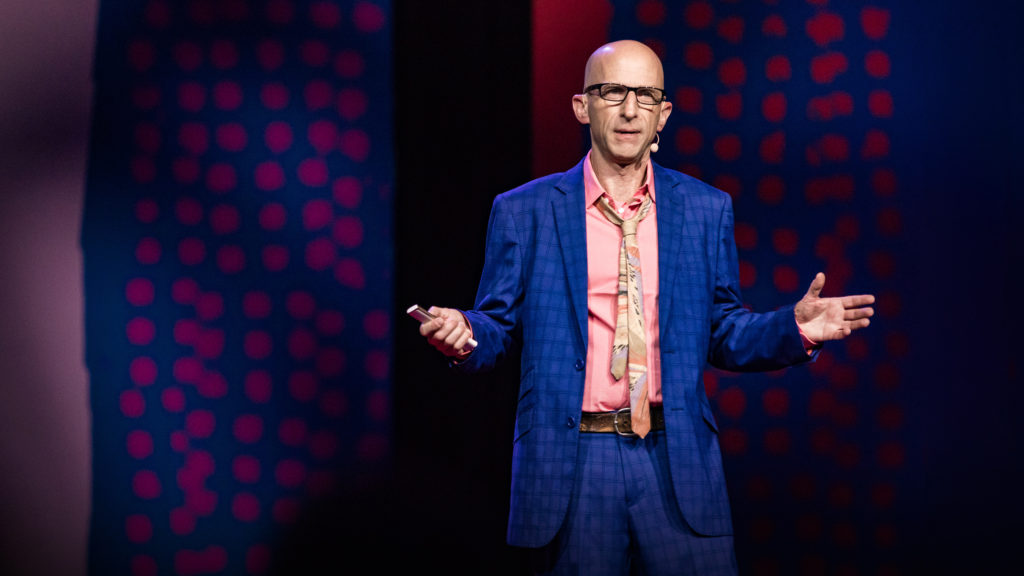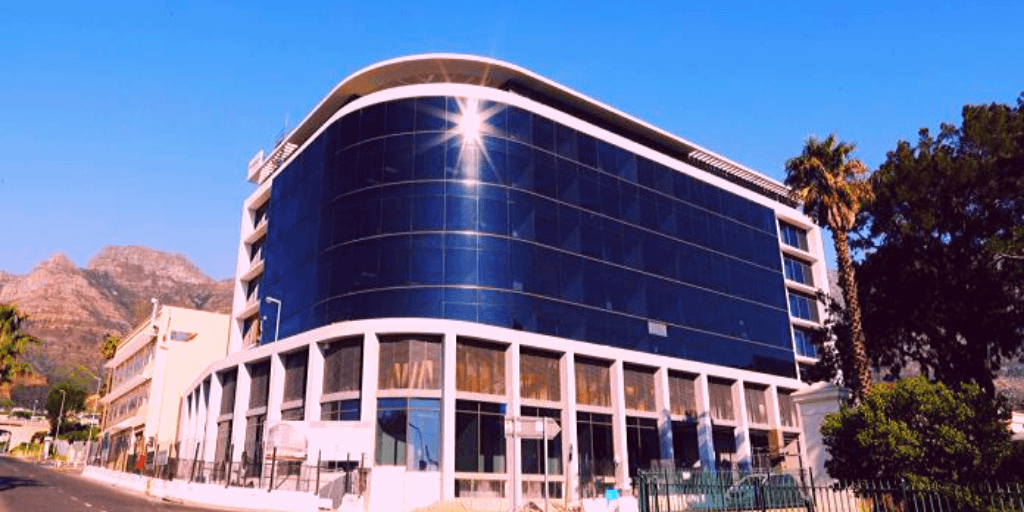-
Transforming A Local Venture Capital-Backed Mutual Aid Economy Ecosystem into a Global Behemoth.
Globally, COVID-19 pandemic’s impact is dire changing dramatically the way we live, play and do business. Schools have closed for 1.5 billion children, more than 90 percent of the world’s student population, at a time when online learning is unavailable for half the world because it lacks access to the internet or a computer.
Until localized cures or a globally accepted vaccine is found, the pandemic will still be very much around. Between now and mid-2021, merchants must find ways to meet the orders of their customers. Business owners will need to navigate around manufacturing, distribution, and sales.

Will technology provide the hope for pandemic-proof scale and impact?
Eastern Market Clusters (EMCs), a major node of global commerce in Nigeria will have to consider the compelling proposition of leveraging technology to increase reach and trade volumes. Evolving for efficiency, greater service delivery and profitability is no longer optional. It is now a matter of survival.
This will be a major disruption to the model of Igbo Apprenticeship System built on a mutual aid economy and its access to global trade. It will be the biggest modern test yet to the sustainability of the local venture-capital backbone of the EMCs.

In Afrinvest Group CEO, Ike Chioke’s lecture at Nkata Umuibe March I, 2019, titled Mkpuru Onye Kuru: Reinventing Enterprise n’Ala Igbo, he mentioned that Computer Village, one of the Eastern Market Clusters, driven by Igbo Apprenticeship System (IAS) does over $2bn in annual turnover. The market has been described as the largest Information and Communication Technology hub in West Africa, accommodating over 3,000 ICT Small and Medium Enterprises.
In an interview with Punch newspapers on February 13, 2018, The President, Computer and Allied Products Dealers Association of Nigeria, Mr. Ojikutu Adeniyi stated that Computer village, another EMC generates total daily revenue of N1.5bn.

Robert Neuwirth in a Ted Talk on May 17, 2018, revealed that the 10,000 merchant-strong Alaba International Market, another EMC, the largest electronics market in West Africa does about $4bn turnover every year.
The Lagos International Trade Fair cluster comprising Auto Spare Parts and Machinery Dealers Association (ASPAMDA); BBA Trade Fair; Alaba Fancy and Furniture Dealers, and Electrical Dealers Association of Nigeria (EDAN represent a chunk of the Lagos state economy, which according to Financial Times in 2017, was $136bn.
April 13, 2018, Premium Times reported more than N500 million revenue to Lagos Trade Fair Complex Management Board in the first quarter of 2018. This was stated by the Executive Director, Lucy Omosefe-Ajayi.
Osagie, Crusoe wrote in ThisDay newspapers on February 18, 2013, on “Africa’s Biggest Jewelries Market Sited at Lagos Trade Fair Complex.” This is also another EMC.
McKinsey predicts that “between 2008 and 2020, there is a $40 billion growth opportunity in food and consumer goods in Nigeria, the highest of any African nation. Despite the fact that Nigeria’s GDP per capita is $1,443, we believe that formal retail chains have a significant opportunity to capture the growth in this market.” Some attributes of this growth included a growing middle class, with a desire for a different (online) shopping retail experience.
According to the report, “Kenya, with a GDP per capita that’s only 70 percent of Nigeria’s, has three large retailers (Nakumatt, Tusky’s and Uchumi) with a combined 107 stores and almost $1 billion annual revenue between them. These stores offer not only a standard, formal retail experience, but have also started online shopping. Some are open 24 hours a day.”
The $100bn question is, can Eastern Market Clusters (EMCs) go online?
A pin can be heard dropping.
It is possible.
The oversea components of this trading system, its shipping and logistics, banking and payment platforms in multiple currencies are already familiarly online. The traders track their consignments to know when they get to the wharves.

So, if this slice of the African market were a viable attraction, why has the retail giant Amazon refrained from scooping it up despite having been present on the continent for 15 years?
Cape Town was one of the first international outposts for Amazon. There, in South Africa, the retail giant built a technology center and laid the groundwork for some tools used to help establish a global, market-dominant behemoth in Amazon Web Services AWS.
Amazon’s obsession with fast, frictionless commerce transformed the global retail industry. From 2004 when a team led by a South African, Chris Pinkham set up a Development Center in Cape Town to build what would become AWS’ pioneering technologies for the Elastic Compute Cloud (EC2) – providing virtual machines as a service. Soon, AWS was started with the launch of the EC2 in 2006.
So why Cape Town? Why not Lagos? Industry watchers believe Cape Town is particularly attractive to cloud and data center services companies due to the presence of the required infrastructure and skilled labor.

“It is close to the undersea cable landing points for several of Africa’s biggest undersea cables, namely the West Africa Cable System, the SAT3 cable, and the ACE cable,” says Arthur Goldstuck, managing director of Johannesburg consultancy World Wide Worx. “Secondly, it has a very powerful startup ecosystem, which feeds into a very strong skills base, which is linked to a very healthy tech education sector.”
Amazon might very well one day, launch its e-commerce platform in Africa, but for now, its Africa focus, the much more profitable web services business, may just be the key to unlock a unified eCommerce platform for the EMCs.
By a stroke of luck, Amazon has built this on a continent where it doesn’t even operate in e-commerce, the business in which it made its name. But it is not like there isn’t any demand, after all Jumia, the Dubai-based e-commerce company, has successfully positioned itself as the “Amazon of Africa”.
How will the migration online of EMCs work?
Analysts say that while demand for cloud and data center services has been growing exponentially across Africa, particularly in South Africa, Nigeria, and Kenya, e-commerce in the continent is not yet attractive to the biggest e-commerce company in the world.
Quartz Africa Weekly Brief reports that the loss-making struggles of Jumia might seem to support the idea that the Pan-African market might not be ready.
However, Victor Asemota, a veteran Nigerian tech investor and entrepreneur says the new AWS Region will be beneficial to other African markets such as Nigeria and Kenya. “Since South Africa and key regions of Africa like Kenya and Nigeria share internet connection infrastructure via submarine cables, it should reduce latency and make things more efficient,”
That efficiency will be further utilized when the individual traders step out of their comfort zones to get more tech and marketing knowledge, into a world that may be new, but more rewarding.
As the umbrella market groups buy into the vision, their bankers and consultants will do well to scout for private partnership (PP) to manage end-to-end processes of the migration.

The PP’s brief will include knowledge transfer/trader education and institution of governance structures which will enhance the drive to attracting capital – managing equity and debt, so subscribing traders go from 100% of small holdings to smaller percentages of much larger amounts in a much larger organization. The governance structures will resolve succession planning as well as management succession.
From investment, research & strategy, marketing across West and East Africa to support systems for web services, from clearinghouses for customer-to-platform and platform-to-logistics vendor payments, banks and insurance, the entire ecosystem that will serve the EMCs will be gigantic. It will include tailored systems for order fulfillment – POD, PBD, inventory management, warehousing, shipping as well as customer services spanning, inquiries, negotiations, delivery preferences, issue resolutions, and refunds.


If Fidelity Bank, Afrinvest, The Tenece Group, CWG, KPMG, and the leadership of the EMCs sit in a room, they would figure out how to make a success of this.
Value realization for this behemoth would be simple math: the value of offline sales + % of offline sales minus value of the investment in platform set up. That would be scale and impact right there.
This may well be one of the world’s largest e-commerce behemoths in the same league with $160.47bn Amazon, US$56bn Alibaba, US$42bn eBay, US$12.7bn Jingdon.
____________________________

